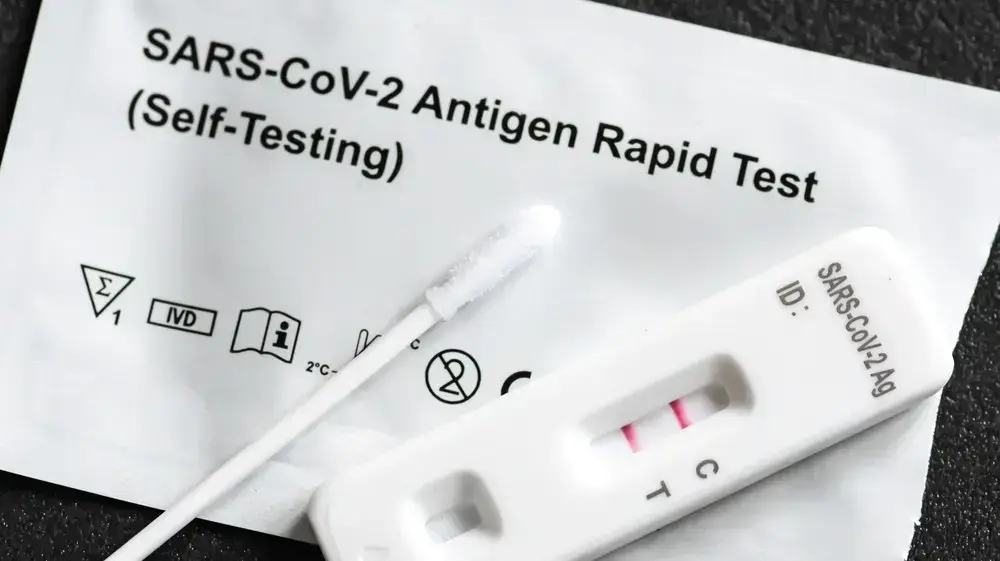Enlarge image
Scientists in the lab
Photo: Uwe Anspach / dpa
The omicron variant of the coronavirus has increased the likelihood of becoming infected with Sars-CoV-2. The virus spreads faster, but it seems that it is no longer as dangerous - especially not if you have a high level of vaccination. Studies have shown that Omikron patients need to be ventilated less often or are in the intensive care unit. In addition, they are usually three to four days shorter in the hospital. The risk of hospitalization has probably been reduced by more than half compared to the Delta variant.
Researchers are still speculating as to why this is the case.
Experts from Hong Kong saw a possible reason for the milder course of the disease in the fact that the variant spreads less quickly in the lungs.
Compared to earlier variants, omicron reproduces there ten times slower (read more about this here).
But other mechanisms could also play a role, as Frankfurt researchers have now discovered.
Cell experiments have shown that Omikron is particularly sensitive to the so-called interferon response of humans compared to the predecessor variant Delta, said the University Hospital in Frankfurt am Main.
Interferons are part of the immune system - proteins or glycoproteins that primarily have an antiviral effect.
The scientists published their results together with a team from the British University of Kent in the journal Cell Research. "Our cell culture experiments provide an initial explanation as to why omicron infections often result in mild clinical courses: Apparently, unlike delta, omicron cannot prevent the affected cells from producing and releasing interferon," said Martin Michaelis from the School of Biosciences University of Kent as announced. However, the researchers also point out that the laboratory study cannot be easily transferred to the more complex situation in patients.
Cells infected by viruses produce certain interferons.
To put it simply, these are messenger substances that, among other things, inform other cells about the intruder.
Interferons are important for the non-specific immune response - i.e. a very fast, albeit less precise, reaction of the immune system against a pathogen.
The non-specific immune response differs from the specific immune response, in which specially formed defense mechanisms attack the pathogen.
But building them takes more time.
Among other things, precisely tailored antibodies are formed against the pathogen.
joe/dpa















